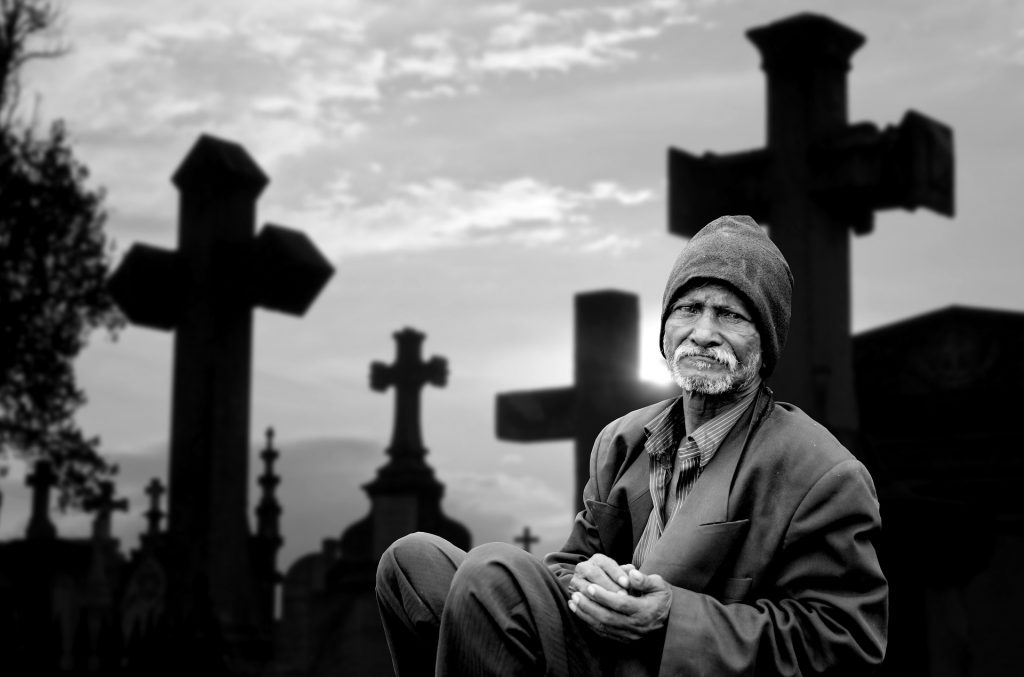 Death comes to us all.
Death comes to us all.
It is surely the most solemn, grave reality. Something we try not to think of too much. And yet, all of us, from time to time, are reminded that we must contemplate this final chapter of life.
Whether it’s the daily news or a phone call from a family member, death enters our world and demands our attention. We are forced to look at the permanence of death and acknowledge the haunting fact that death will come.
Proverbs deals with death often, and here with an interesting perspective:
“The memory of the righteous is blessed, but the name of the wicked will rot.” Proverbs 10:7
Here, we have a positioning of one thing against another, a contrast of two extremes. Death ushers in memory, and how that memory is viewed is most important.
We are reminded of the “why” of living right. One of the most noble reasons to live righteously is because we want our memory to be honorable and blessed.
If you doubt this, you probably haven’t spent much time with older people. As people age, (another reality we can’t escape) they are more and more inclined to think of the purpose of their life, the mark they made upon this world. With every year that goes by, a person becomes more and more thoughtful of how he or she has lived life and if it has been meaningful – or not.
As sure as anything in this world, when a man or woman has lived honorably and righteously, their death brings deep sorrow but their memory is beautiful. Example after example, down through history, shows this truth. Those who have given their lives to the service of others, who have been brave and unselfish, who loved and honored God, are remembered with dignity, reverence, and love.
But not so for the wicked.
Consider the end of Napoleon:
“Napoleon Bonapart was responsible for the death of 500,000 French men in battle, approximately 1/6 of the population. He was exiled by the British for the last 6 years of his life on the Island of St. Helena. He was confined to the house and grounds, needing the escort of a British soldier whenever he ventured anywhere on the island. His wife Marie Louise never wrote him and married another man while he was still living. He never heard from his son again.
The tombstone on his grave read simply, “here lies”.
Solomon said this about the “end”:
“The end of a matter is better than its beginning…” Ecclesiastes 7:8
“… and the day of one’s death is better than the day of one’s birth.” Ecclesiastes 7:1
What did he mean by this? For certain, Solomon was not being fatalistic. He believed in God and the hope of eternal life and wrote thousands of proverbs to prove it.
I believe Solomon saw something in life many of us tend to miss. He knew life was short and full of paradoxes. And he knew yesterday did not matter – it was the result of a life that mattered, in the final analysis. How we end our short sojourn on this earth is what it’s all about. Our epitaph. Our exit to the eternal abode of God.
Death is sad, yes, but we can make death our great reminder to live for purpose, to live righteously. In this way, death is not a foreboding evil, but an impetus for us to make the very most of life here on earth. It should drive us on to what really matters so that, when the final chapter arrives, and it is our time, we go with glory.
And our memory is blessed.
Leave a Reply